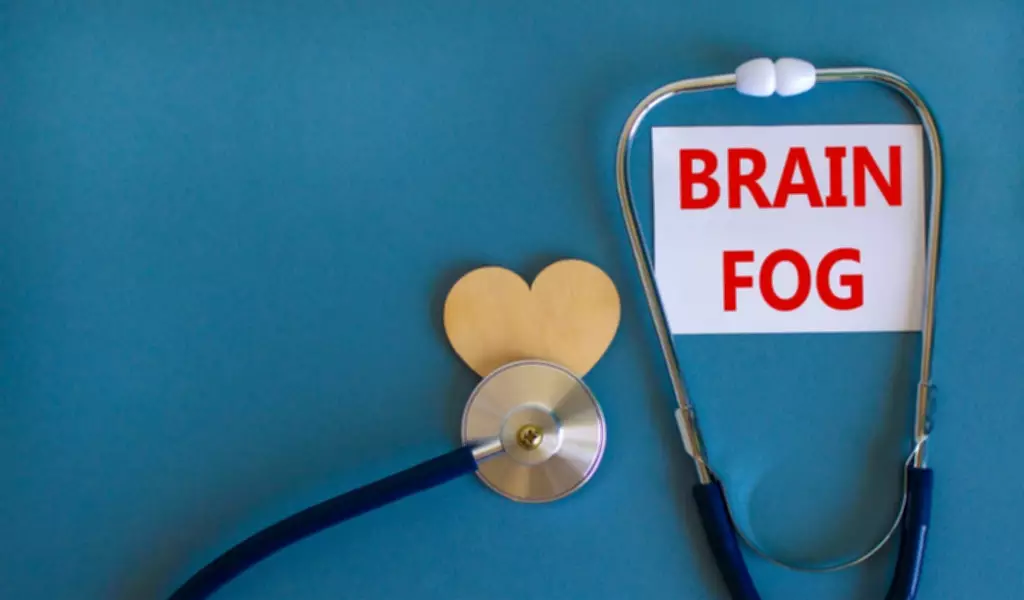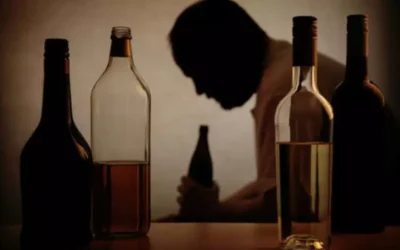If you already have an anxiety or panic disorder, you may be more likely to experience these symptoms after drinking alcohol. But alcohol can also trigger anxiety even if you don’t have an existing mental health issue. If you does alcohol cause panic attacks find it difficult to reduce or completely stop your alcohol consumption even after experiencing alcohol-induced panic attacks, you may be dealing with physical or psychological addiction and should consider seeking treatment.
Medications
- Track how much you’re drinking to help spot patterns so you can avoid triggers – the MyDrinkaware app can help.
- Someone who frequently binge drinks or has more than eight drinks a week (female) or 15 drinks a week (male) could also be primed for having withdrawal symptoms.
- If you are experiencing regular panic attacks, you need to ask for support.
- For example, why do some people with anxiety problems drink to cope and others do not?
- Instead of alcohol, consider talking to a mental health professional about effective anxiety management options, which may include psychotherapy and medication.
- If you think you have a problem with alcohol, seek help from your doctor right away.
The feelings that you experience during a panic attack can feel overwhelming. If you tend to use alcohol to manage uncomfortable emotional symptoms, such as anxiety or panic, then you might be tempted to do so during a panic attack. He has a nursing and business/technology degrees from The Johns Hopkins University. This review broadens the psychiatric perspective on the association between diagnosable alcohol and anxiety disorders to include the psychological/learning and neuroscientific disciplines. Cross-referencing and reconciling (if not integrating) discipline-specific approaches may reveal opportunities for synergy.
Long-Term Health Risks

Speaking with friends and family can help them prepare to support you when a panic attack strikes. It is also important that your seek support from your GP, who will talk you through available treatment options. Excessive consumption of alcohol causes dehydration, which can make you feel dizzy and increase your heart rate. Alcohol is a diuretic, which means that it causes excessive expulsion of liquid from the body via urination.

Other Symptoms of Alcohol Withdrawal
At first, drinking can reduce fears and take your mind off of your troubles. It can help you feel less shy, give you a boost in mood, and make you feel generally relaxed. In fact, alcohol’s effects can be similar to those of antianxiety medications.
Lifestyle and home remedies
The condition of agoraphobia is an anxiety disorder that involves a fear of being in a situation where an escape might be difficult or where help might not be available if things go wrong. Mr. A had been exhibiting antisocial behaviors, like frequent fights and incidents of shoplifting, since puberty, and he had a history of inhalant abuse between the ages of 17 and 20 years. But the symptoms of panic attack had recurred after this decision, and he decided to see a psychiatrist.
- It can help you feel less shy, give you a boost in mood, and make you feel generally relaxed.
- If you have an anxiety disorder, alcohol misuse and withdrawal can make your symptoms worse.
- For example, can individuals with AUD be distinguished meaningfully based on objective stress reactivity and regulation indicators, and do subjective anxiety symptoms mark or moderate this distinction?
- This means that you will need to drink larger amounts of alcohol on a more frequent basis in order to experience the same effects, increasing the risk of developing a physical or psychological addiction.
Some people also experience sweating, a rapid heart rate, tremors, and panic attacks. Severe alcohol withdrawal symptoms may require medical attention, which is available when you reach out for help to recover from your AUD. But when you use a drug often enough, your brain starts to turn towards the drug to cope and you can actually lose even more of your ability to stop panic attacks without the assistance of a substance.

By Lindsay CurtisCurtis is a writer with over 20 years of experience focused on mental health, sexual health, cancer care, and spinal health. The less alcohol you drink, the lower your risk for these health effects, including several types of cancer. Last and certainly not least, your family life and obligations can suffer at the hands of alcohol withdrawal.
Can Alcohol Cause Anxiety or Make it Worse?
You can’t always be certain of what you’re getting and whether it’s safe. If you suspect that you have an alcohol use problem, effective treatments are available. Talk to your doctor about medications, therapy, and support groups that can help you manage your alcohol consumption. Even if someone starts drinking alcohol as a way to cope with anxiety, it can quickly have the opposite effect. For one, drinking alcohol more frequently or having larger amounts can cause hangovers.
Which Anti-Anxiety Medication Is Right For Me? – Texas A&M University Today
Which Anti-Anxiety Medication Is Right For Me?.
Posted: Mon, 03 Jun 2019 07:00:00 GMT [source]
- According to the Anxiety and Depression Association of America (ADAA), it isn’t unusual for people with social anxiety disorder and other anxiety disorders to use alcohol to try to calm anxiousness and ease related symptoms.
- Alcohol has been hypothesized to have a kindling effect on the emergence of panic attacks.23,24 Our cases may support this hypothesis; however, we do not consider panic disorder 1 month after the cessation of alcohol a withdrawal symptom.
- Drinking heavy amounts of alcohol regularly can also cause your body to become dependent upon the chemical reaction that occurs in your brain.
- People affected by alcohol withdrawal anxiety may feel symptoms such as dread, rapid breathing, disorganized thinking, restlessness, and nervousness.
- One of the best ways to know if you might have a panic attack from quitting alcohol is to undergo an alcohol use assessment.
There are several reasons for this, which will be discussed below; but the key thing to remember is that those with panic attacks suffer from an issue known as hypersensitivity. In this case, alcohol can be especially harmful, potentially triggering and exacerbating panic attacks. While for some people the occasional drink is not harmful, others find that a single sip of alcohol is enough to significantly worsen their anxiety. You could start by keeping a symptom diary so you can see any links between when you drink, and any anxiety or panic attacks which occur later on. This can help to show you if your anxiety gets worse when you drink alcohol. These effects are particularly visible the day after drinking when the hangover begins to set in.
- Additionally, excess alcohol is defined as drinking more than 8 drinks a week (women) and 15 a week (men), or consuming alcohol if you are pregnant or younger than age 21.
- Alcohol acts as a sedative, often lowering the feelings of anxiety or panic that you may be experiencing.
- While it might be tempting to turn to alcohol to manage feelings of anxiety, it can be a slippery slope that worsens anxiety problems and increases your risk of developing an alcohol use disorder.
- Excessive (binge) drinking is defined as four or more drinks on a single occasion for women and five or more drinks on a single occasion for men.
- Additionally, alcohol affects neurotransmitter levels in the brain—the chemical messengers responsible for how we think, feel, and behave.